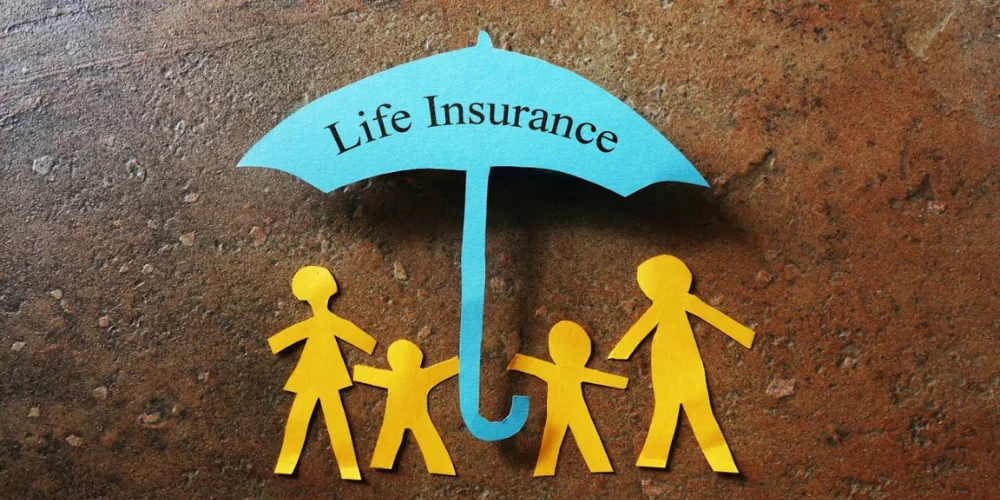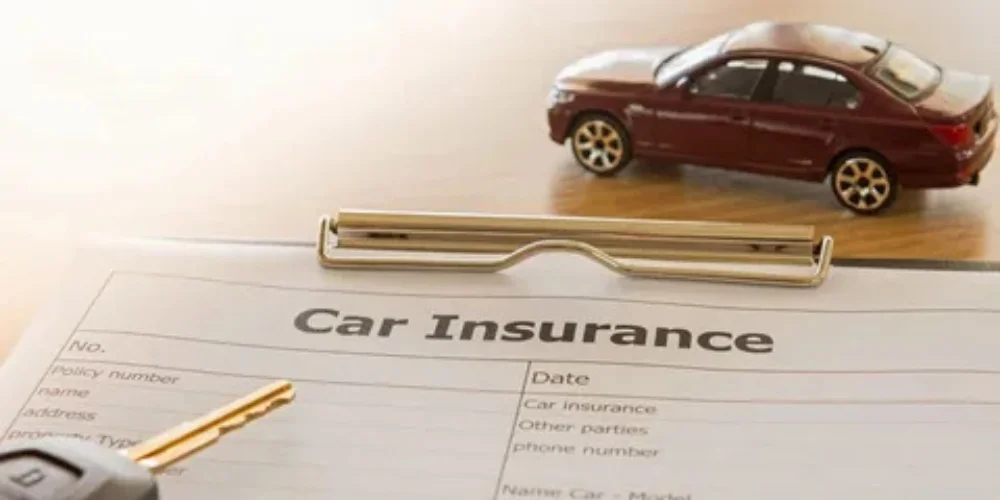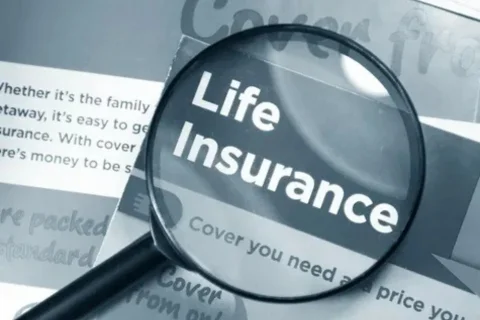
What is auto insurance?

“What is auto insurance?” Basic personal insurance for your vehicle is a requirement of many states. It offers some financial security in the event of an accident. But is enough? What options are available? Learn about how insurance for cars works and what kinds of coverage are offered.
Understanding the basics of auto insurance
The auto insurance contract is a binding agreement with the insurer. It protects you from financial losses in case of an accident or theft. In exchange for payment of a premium, the insurance company promises to cover your losses in the manner stated in the policy you signed.
Auto insurance provides coverage for:
- Property like the loss or damage to your vehicle
- Liability – your legal liability to the other party for bodily injury or property damage
- Medical is the expense of the treatment of injuries, rehabilitation and often the loss of wages and funeral expenses
The majority of U.S. states require a basic personal auto insurance policy, and laws can differ. Insurance coverages for autos are priced per policy (at an at-a-carte) so that you can tailor the coverage amount to your needs and budget.
Policies are usually issued for one-year or six-month intervals and can be renewed. The insurance company will send you an email when it’s due to extend the term of your policy. to pay the premium.
Who's covered by my auto insurance, and under what conditions?
Your auto insurance covers you, your family, and your relatives on the policy. It applies whether they’re driving your vehicle or someone else’s (with their consent). The policy also covers anyone who isn’t covered by your policy and is driving your vehicle with your permission.
Your policy protects only your vehicle, no matter the trip. It covers driving to work, running errands, or making a journey. It does not offer coverage for vehicles you use for commercial reasons, such as when you are delivering pizzas.
Your personal auto insurance won’t cover you if you use a ride-sharing service like Uber or Lyft for transportation. Some insurance companies now offer, at a cost, ride-share insurance for car owners.
Does auto insurance coverage have to be mandatory?
Insurance requirements for autos differ between states. If you’re financing your car, your lender might have their requirements. Every state requires motorists to carry:
- Liability for bodily injury is a type of insurance. It covers expenses from deaths or injuries caused by you or another driver while driving your car.
- Liability for property damage compensates others for damage you or a driver in your vehicle cause to a car or to property, like a fence or a building.
Additionally, some states require you to have the following:
- Medical payments, or PIP, cover injuries to you or your passengers. They pay for medical expenses. The program also covers the loss of wages as well as other costs.
- Coverage for uninsured drivers will reimburse you if an accident occurs due to the driver not having auto insurance or in the event of a hit-and-run. You can buy insurance for underinsured motorist coverage. It will pay for the costs if the other driver is not insured after a serious crash.
Even if not required in your state, consider adding PIP and uninsured motorist coverage to your insurance. They provide better financial security.
What other kinds of coverage for auto insurance are the most common?
Basic, legally-required auto insurance covers damages your vehicle causes. It won’t cover damage to your vehicle. If you want to protect your car, it is recommended to think about these optional coverages:
- Collision covers damages to your vehicle from a crash with another vehicle or object, like a tree or guardrail, when you’re at fault. Collision coverage won’t pay for mechanical issues or wear and tear. It will cover damage from potholes or rolling your vehicle.
- It covers loss and damage from non-collision incidents, like floods, fires, vandalism, hail, and falling trees and rocks. It also covers asteroid strikes!
- Glass Protection covers damages to the windshield, which is the norm. Certain policies on autos include glass coverage that is not deductible, as well as the rear window, side windows, and glass sunroofs. Also, you can purchase additional glass protection.
What is a gap insurance policy, and do I really need it?
Comprehensive and collision insurance cover only the car’s expected value, not its purchase price. New cars appreciate rapidly. If your vehicle is damaged or lost, there could be a “gap” between what you owe and the insurance payout. In order to cover this gap, you might want to think about buying gap insurance. Be aware that when leasing a vehicle, the gap coverage is typically integrated into lease payments.
Next steps: Check out this handy infographic on the types of required and optional driver insurance coverages.







